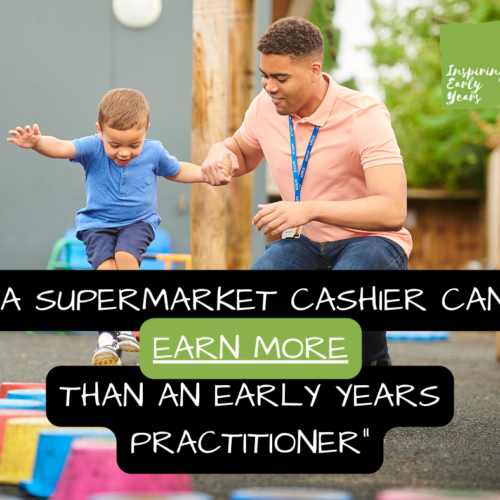Over recent years, we’ve seen remarkable advances in early childhood education. Our comprehension of how young children learn and develop has broadened, leading to new teaching methods designed to optimise learning outcomes. This transformation is due to thorough research and innovative developments, providing deeper insights into the young mind.
An influential area of research is our understanding of cognitive development in early childhood. Studies highlight that the first five years of a child’s life are critical for brain development. During this vital period, children are most receptive to learning and can absorb vast amounts of information. This key discovery has led to an emphasis on early education, with many educators advocating the benefits of preschool programmes.
In tandem, research has focused on the crucial role of play in early childhood education. Play-based learning is now recognised as integral to early education. It fosters creativity, encourages problem-solving skills, and aids social development. Recognising the importance of play-based learning, educators are increasingly incorporating play into their curriculum.
Another aspect that has gained attention is the role of technology. Classroom technology integration has been shown to enhance learning outcomes when used judiciously alongside traditional teaching methods. Educational apps and interactive digital games can stimulate cognitive development and improve literacy and numeracy skills.
Research has also highlighted the impact of the learning environment on child development. Children thrive in safe, nurturing, and mentally stimulating environments. This understanding has led to a shift towards creating conducive learning spaces with natural light, comfortable seating, and diverse learning materials.
Applying these research insights requires a customised approach, as each child is unique with different learning needs and preferences. For instance, integrating play-based learning might involve setting up different stations in the classroom, each with a unique activity designed to develop a specific skill.
In essence, early childhood education is continuously evolving, driven by ongoing research and innovative developments. By keeping up to date with these changes and creatively incorporating new insights into teaching practices, educators can ensure they provide the best possible learning environment for their young learners.
In conclusion, it’s an exciting time in early childhood education. As research continues to provide new insights, educators and parents can use this knowledge to benefit their children. By integrating these developments into practical application, we can hope to see a generation of children who are not just learners, but enthusiastic explorers of their world.


